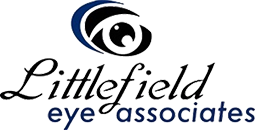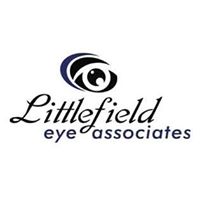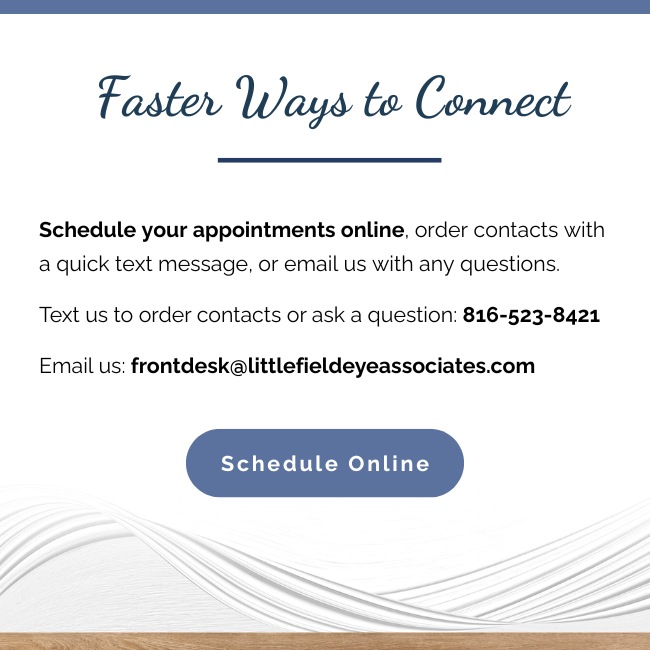When was the last time you had your eyes checked by a professional? Many people neglect eye exams, assuming that as long as their vision seems fine, there’s no reason to visit an optometrist. However, this assumption couldn’t be further from the truth.
Comprehensive eye exams do more than just check how clearly you can see. They also allow your optometrist to watch for early signs of eye disease. Early detection and treatment are vital for detecting potential issues before they become serious.
If you haven’t had a recent appointment with your eye doctor, you may be due for an exam. Contact the friendly team at Littlefield Eye Associates to book your eye exam today.
The Importance of Regular Eye Exams
Some eye diseases, such as glaucoma, age-related macular degeneration, and diabetic retinopathy, have little or no symptoms in the early stages. However, with a comprehensive eye exam, an optometrist can uncover warning signs that may slip by your notice.
A comprehensive eye exam can even help identify other overall health issues. During an eye exam, an optometrist can detect signs of high blood pressure, high cholesterol, and even diabetes. This is because the retina at the back of the eye is the only place on the body where a doctor can directly observe your blood vessels.
These small blood vessels can offer insights into the health of your body’s larger blood vessels. Early detection of these conditions can lead to prompt treatment, potentially improving your eye and overall health.
Lastly, there’s something to be said about the peace of mind that comes with knowing what state your eyes are in. It’s easy to assume everything is alright when you don’t get your vision checked. Still, we hope we’ve made it clear that regular eye exams can help detect any potential issues before they worsen, potentially avoiding more complex or risky treatments.
Knowing that your eyes are healthy can help put your mind at ease and make you feel more confident in your day-to-day life.
How Often Should I Get an Eye Exam?
According to the American Optometric Association (AOA), people should follow this schedule for eye exams:
- The first eye exam between 6–19 months of age
- Ages 3–5: 1 exam
- Ages 6–17: 1 exam annually
- Ages 18–64: 1 exam at least every 2 years
- Ages 65+: 1 exam annually
Since some eye diseases can progress faster than others, your optometrist may recommend more frequent checkups if you’re considered “high-risk.” High-risk factors include:
- A family history of eye disease
- Diabetes
- High blood pressure
- Taking medication with side effects that may affect the eyes
- Genetics
- Wearing corrective lenses
- Previous eye surgery
- Children with myopia
If you’re still unsure if an eye exam is worth it, you may be happy to know a comprehensive eye exam generally only takes 30–60 minutes. The length depends on factors such as age, medical history, and if your optometrist recommends additional testing.
What Happens During an Eye Exam?
Depending on your unique situation, your comprehensive eye exam might involve a range of tests. The first step of an eye exam may include reviewing your medical history. Your optometrist could ask you about your medical history, including any medications you’re on, allergies, or eye problems you’ve noticed. This information is critical in making a proper diagnosis.
After gathering this information, it’s probably time to measure your eyes’ visual acuity. This test measures how well you can see at various distances. Your optometrist may ask you to read letters or numbers off a chart. This test can determine if you need corrective lenses or if your current prescription needs updating.
If your optometrist uncovers a refractive error, we could use a refraction test to determine your exact prescription. During this test, your doctor will have you look through a series of lenses and indicate which one provides you with the crispest vision.
Next, your optometrist will inspect your eyes’ external and internal structure. We can use diagnostic tools, such as a slit lamp, to examine your eyelids, cornea, iris, retina, and optic nerve for signs of eye diseases.
One important test as we get older is tonometry, which uses a gentle plunger or a puff of air to measure the pressure inside your eyes. Increased eye pressure can be an early warning sign for glaucoma, the leading cause of blindness for people over 60.
Once it’s all said and done, your doctor can discuss their findings with you and, if necessary, recommend further testing or treatment. We can help you choose the right prescription and frames if you need glasses or contact lenses. We may also recommend treatments for dry eyes or suggest lifestyle changes to protect your eye health.
Protect Your Health With Eye Exams
Eye exams should be a priority for everyone, regardless of age or perceived eye health. These exams can help detect potential issues early, maintain good vision, identify other health concerns, and provide peace of mind.
Our friendly team at Littlefield Eye Associates is thrilled to help you prioritize your vision and eye health with regular eye exams. You depend on your eyes, and we want you to depend on us to help take care of them. Here’s to a clear future! Book your eye exam in Kansas City today!





